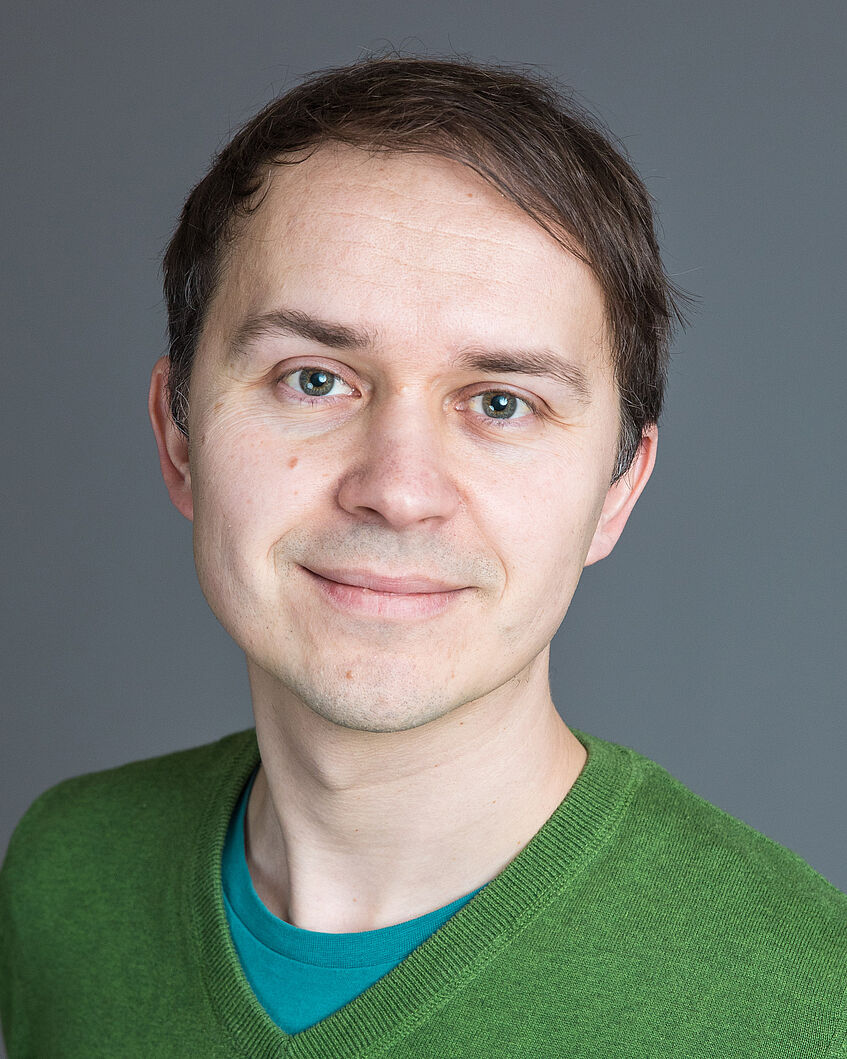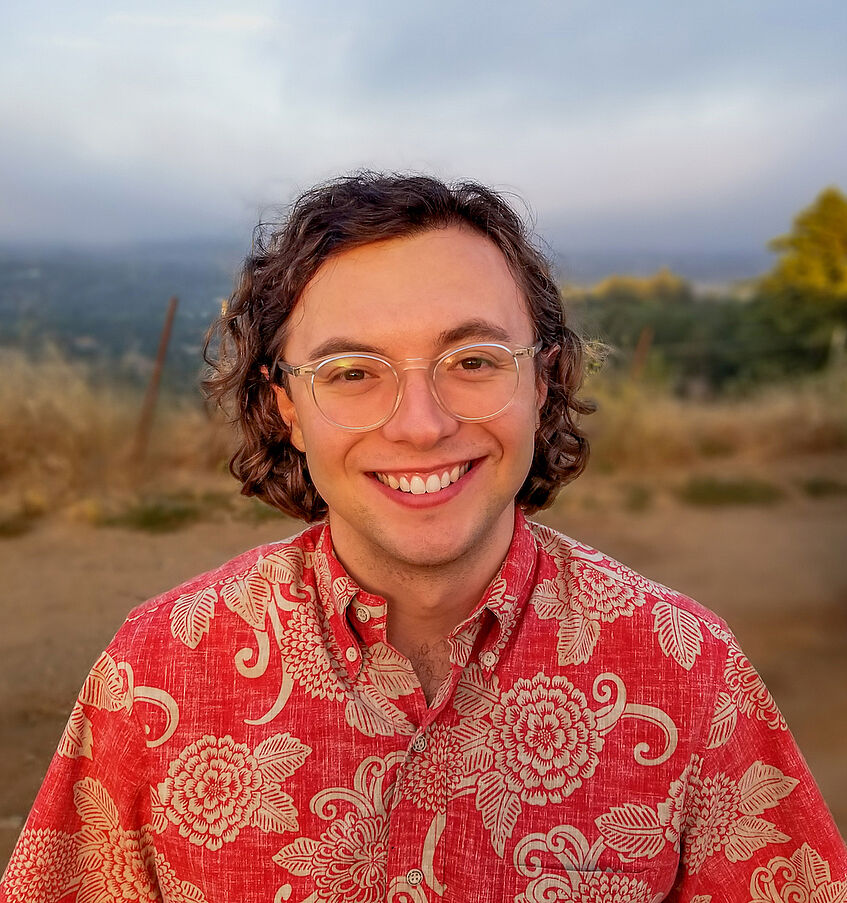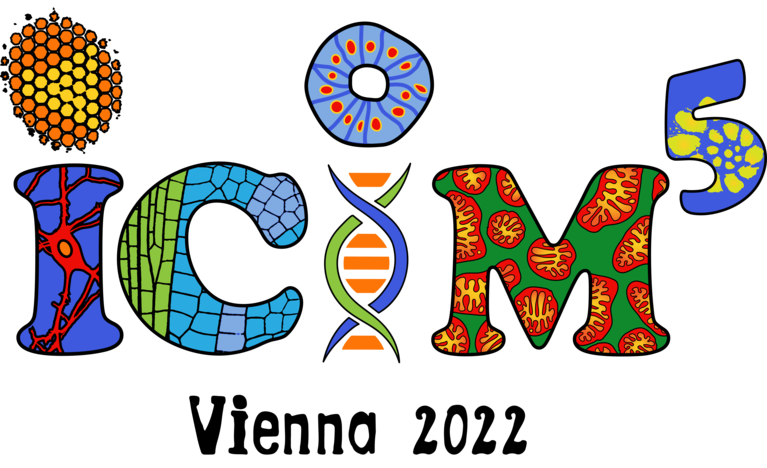Forum Discussion Speakers
Pawel Burkhardt

Pawel Burkhardt
University of Bergen, Norway
Pawel Burkhardt is a group leader at the Sars International Centre for Marine Molecular Biology in Bergen, Norway and studies the evolutionary history of synaptic signalling machineries to better understand the first appearance(s) of synapses and neurons. His group uses a comparative approach and works with choanoflagellates, the closest living relatives of animals, sponges, basal animals with no synapses and neurons, and ctenophores, basal animals with synapses and neurons, as model organisms. Prior to starting his research group "Evolutionary Origin of Synapses and Neurons" at the Sars Centre, he did his PhD at the Max-Planck-Institute for Biophysical Chemistry (Germany), his postdoc at the University of California, Berkeley (USA) and worked as a Research Fellow at the Marine Biological Association (UK). He was awarded the Anne Warner endowed Fellowship in 2014 and the Royal Society University Research Fellowship in 2017.
More on Pawel Burkhardt's work can be found here.
Jordi Paps

Jordi Paps
University of Bristol, UK
Jordi Paps is an evolutionary biologists based at the University of Bristol (UK). His research combines molecular phylogenetics and comparative genomics to understand major evolutionary transitions. He obtained his PhD in Genetics (University of Barcelona, Spain) working on the molecular phylogeny of the Animal Kingdom, and during his first postdoc he worked on the relationships between animals and their close relatives. In the Department of Zoology (University of Oxford) he performed comparative genomic analyses of all animals to better understand their origin, linking the evolution of genomes and morphology. Now he is applying this approach to other major transitions, like the origin of plants, animal parasites, or the evolution of animals with bilateral symmetry.
More on Jordi Paps’ work can be found here.
Darrin T. Schultz

Darrin T. Schultz
University of Vienna, Austria
Darrin Schultz is a postdoctoral researcher in the lab of Oleg Simakov at the University of Vienna. His recent work focuses on using chromosome-scale genome assemblies to learn about evolutionary events in early animal history. He received his PhD in Biomolecular Engineering and Bioinformatics from the University of California, Santa Cruz, in 2021. During this time he was a recipient of the National Science Foundation Graduate Research Fellowship, and an Institute of International Education research fellowship to the Russian Academy of Sciences. His PhD thesis topics included the evolution of bioluminescence, the genomics of ctenophores, and the phylogeny of animals. Prior to this, he completed a Fulbright Fellowship in Japan studying bioluminescent organisms. In the future Darrin hopes to take a systems biology approach to studying early events in animal evolution, and to lead a genomics consortium aiming the assemble the genomes of non-bilaterian animals and animal unicellular outgroups.
More on Darrin T. Schultz’ publications can be found here.
